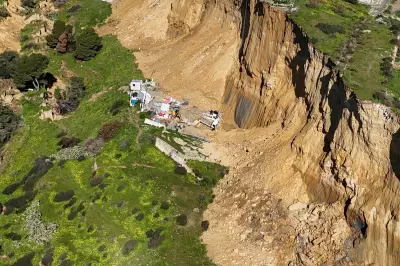
Australia may soon find itself in the crosshairs of international legal action over its continued reliance on fossil fuels, following a landmark climate ruling by the International Court of Justice (ICJ). Legal experts and environmental advocates are warning that the country’s policies could now be challenged in court for failing to meet global climate obligations.
The ICJ’s Groundbreaking Decision
The ICJ’s recent ruling has set a precedent by affirming that nations can be held legally accountable for their contributions to climate change. This decision has sent shockwaves through governments worldwide, particularly those with significant fossil fuel industries, like Australia.
Why Australia Is at Risk
Australia remains one of the world’s largest exporters of coal and gas, and its domestic emissions reduction targets have been criticised as insufficient. Environmental groups argue that the country’s policies violate international law by exacerbating the climate crisis.
Key concerns include:
- Continued expansion of coal and gas projects
- Weak emissions reduction targets
- Failure to align with the Paris Agreement goals
Potential Legal Consequences
If Australia does not take swift action to curb fossil fuel production, it could face lawsuits from other nations, affected communities, or even its own citizens. Legal experts suggest that such cases could be brought before domestic or international courts, citing the ICJ’s ruling as a critical precedent.
"This is a wake-up call for Australia," said one climate lawyer. "The world is watching, and the legal framework to hold polluters accountable is strengthening."
What Comes Next?
Pressure is mounting on the Australian government to revise its energy policies and accelerate the transition to renewables. With the threat of legal action looming, the country may need to reassess its stance on fossil fuels—or risk becoming a test case for climate litigation.





